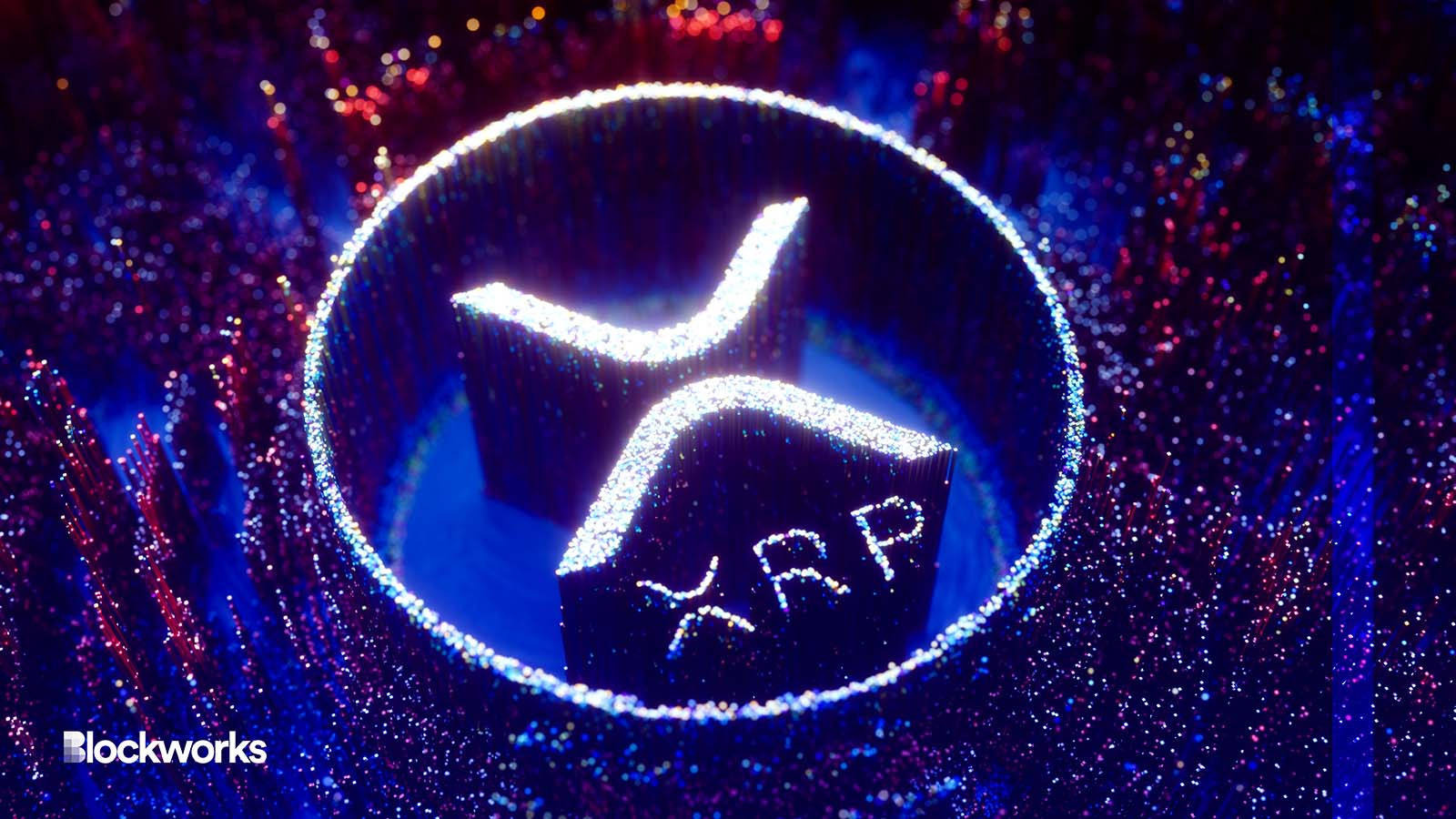LBRY vs. SEC: ‘Secondary Sales Aren’t Securities’ May Be Good News for Ripple
The LBRY case continues to shed light on how courts may swing for Ripple over the SEC’s XRP lawsuit

Vector-3D/Shutterstock.com modified by Blockworks
A judge clarified that LBRY Credit Tokens, known as LBC, are only considered securities at the time of direct sale, a ruling that could potentially bode well for Ripple.
During an appeal hearing in New Hampshire Monday, the judge said the summary judgment handed down in November, which sided with the Securities and Exchange Commission (SEC), does not apply to secondary sales of LBC.
The SEC sued LBRY in March 2021 for offering LBC tokens without registering with the agency. Although the LBRY team did not offer tokens to the public in an initial coin offering (ICO) or similar mechanism, they did keep tokens for themselves in a ‘pre-mine,’ which were subsequently released on secondary exchanges to fund operations, the SEC alleged.
In the summary judgment, the judge argued that the tokens incentivized the team to build the network, suggesting to investors that LBC would be a profitable investment on the secondary market.
“LBRY has — at key moments and despite its protestations — been acutely aware of LBC’s potential value as an investment,” the summary judgment reads. “And it made sure potential investors were too.”
Monday’s ruling may be a positive sign for Ripple, which is facing its own SEC lawsuit over its XRP tokens, which the regulator alleges were distributed in an unregistered security offering.
Ripple has maintained that it never formally held an ICO, similar to the LBRY situation.
The case will be decided in a summary judgment, which both Ripple Labs and the SEC agreed to in November 2022.
In a small win for Ripple, the judge on the case ruled in September that the “Hinman documents,” emails between former SEC officials regarding ether’s classification, are permissible evidence.
In April 2022, Empower Oversight, a nonprofit whistleblower organization, released more than 200 emails, including Hinman’s, obtained via Freedom of Information Act request between current and former SEC employees.
The group claimed the emails prove there were conflicts of interest associated with how the SEC selected enforcement actions against digital asset companies, specifically the agency’s decision not to view ether the same as XRP.
Get the news in your inbox. Explore Blockworks newsletters:
- The Breakdown: Decoding crypto and the markets. Daily.
- 0xResearch: Alpha in your inbox. Think like an analyst.






